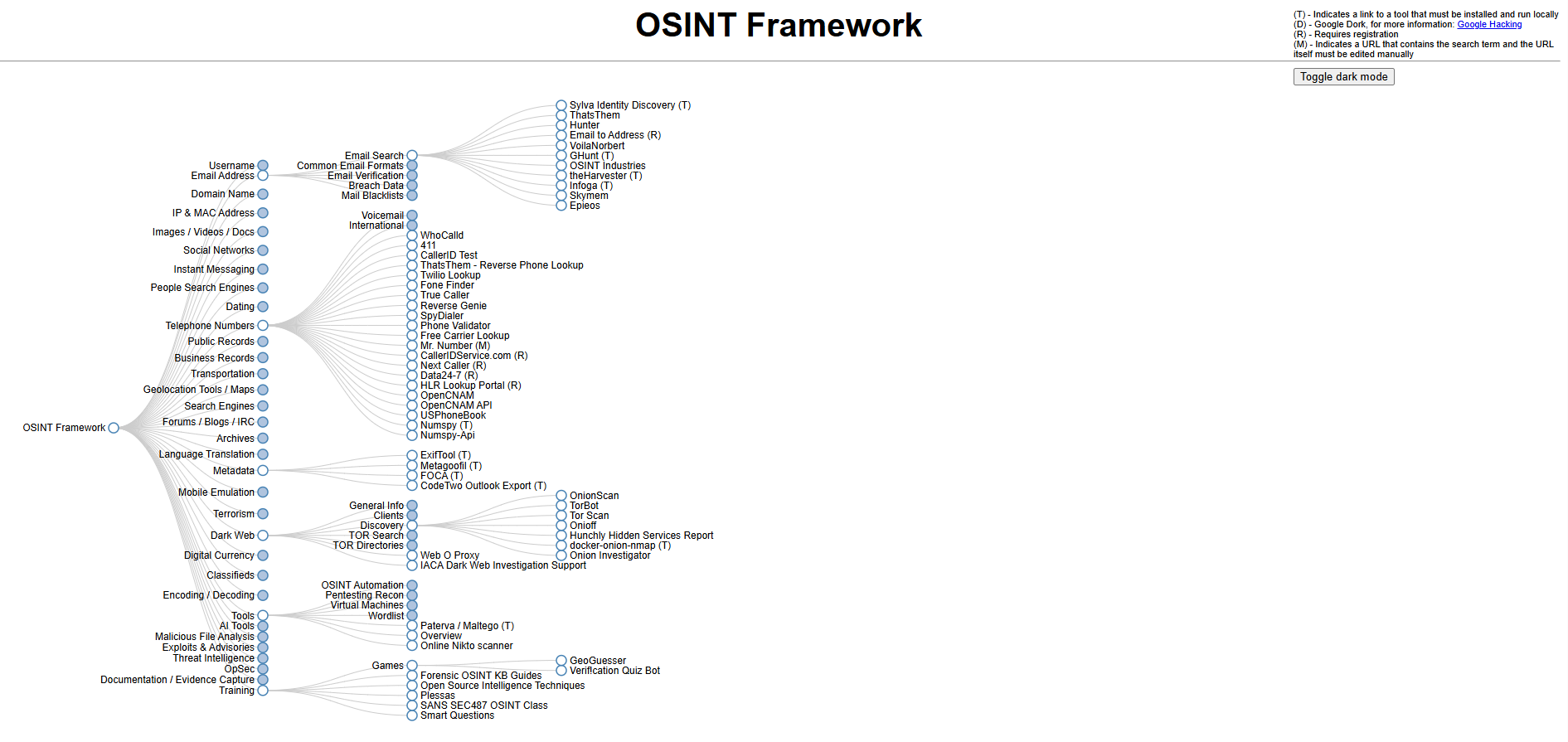Why Event Management is the Key to Successful Brand Experiences

In today’s fast-paced business world, building strong brand experiences is no longer a luxury—it is a necessity. Customers, clients, and partners expect more than just products or services; they want memorable interactions that leave a lasting impression. This is where event management comes in as one of the most powerful tools to shape how people perceive and connect with your brand.
Whether it’s a corporate conference, product launch, trade show, or brand activation, professional event management ensures your event communicates your values, strengthens your identity, and builds emotional connections with your audience. In this article, we’ll explore why event management is the key to successful brand experiences and how businesses can leverage it to stand out in competitive markets.
1. The Role of Event Management in Brand Building
Event management goes beyond booking a venue and arranging logistics—it is a strategic brand communication tool. Every touchpoint of an event, from invitations to décor, reflects your brand identity. A well-managed event ensures that all elements work together to tell your brand story consistently.
For example, a tech company launching a new product will want the event to showcase innovation, creativity, and progress. A luxury fashion brand, on the other hand, would design an event filled with elegance, exclusivity, and high-end experiences. This level of alignment is only possible when professional event management is in place.
2. Creating Memorable Experiences
Brands today are not only judged by what they sell but also by the experiences they create. Event management is the science and art of transforming an ordinary gathering into an extraordinary memory.
- Personalization: Guests feel more valued when events include customized experiences such as personalized gifts, branded merchandise, or tailored agendas.
- Engagement: Interactive activities like live polls, Q&A sessions, product demos, or AR/VR experiences increase participation.
- Entertainment: Music, performances, and creative stage setups add energy that strengthens positive emotional connections with the brand.
When attendees leave with a smile, a new perspective, or a memorable moment, they are far more likely to trust, recommend, and stay loyal to your brand.
3. Enhancing Brand Visibility and Awareness
Event management also plays a vital role in increasing visibility. A well-executed event acts as a live marketing campaign that generates buzz both offline and online.
- Social Media Exposure: Attendees posting event highlights amplify your brand’s reach. Branded hashtags, photo booths, and live streaming can make your event trend across platforms.
- Media Coverage: Press invites, influencer partnerships, and PR campaigns extend your brand message to wider audiences.
- Networking Impact: Events allow you to bring together industry leaders, clients, and potential customers under one roof, strengthening your market positioning.
The more people talk about your event, the stronger your brand presence becomes.
4. Driving Customer Engagement and Loyalty
Events are not just one-time interactions—they are a chance to build lasting relationships. Event management focuses on creating meaningful engagement opportunities that go beyond the event itself.
- Customer-Centric Activities: Feedback sessions, loyalty rewards, or behind-the-scenes access make customers feel like insiders.
- Human Touch: Face-to-face connections allow brands to humanize themselves and build deeper emotional bonds with their audience.
- Post-Event Follow-Ups: A thank-you email, photo album, or special offer after the event keeps the momentum alive.
When customers feel connected, they don’t just buy your products; they become advocates for your brand.
5. Event Management as a Reflection of Professionalism
Your brand’s reputation depends heavily on the execution of your events. Poorly managed events can lead to frustrated guests, negative publicity, and lost opportunities. On the other hand, well-managed events show that your brand is professional, reliable, and detail-oriented.
- Seamless Operations: Timely execution of activities reflects your organizational strength.
- Cohesive Branding: From signage and backdrops to presentations and gifts, everything should carry your brand’s identity consistently.
- Crisis Management: A skilled event management team can quickly handle unexpected issues, ensuring the brand’s image remains intact.
In essence, event management acts as a mirror of your brand standards.
6. Leveraging Technology in Event Management
Modern event management is powered by technology. From registrations to engagement tools, tech solutions make events more effective and measurable.
- Event Apps: Simplify registrations, provide schedules, and offer networking opportunities.
- Live Streaming: Expands the reach of your brand experience to global audiences.
- Analytics: Post-event insights such as attendance rates, engagement metrics, and social media mentions help evaluate ROI.
- Immersive Tech: AR/VR product demos and AI-powered chatbots enhance audience interaction.
Technology not only improves management but also creates smarter brand experiences.
7. Types of Events That Strengthen Brand Experiences
Different types of events serve different branding purposes, and professional event management ensures they achieve their goals:
- Product Launches – Build excitement and create a strong market entry.
- Trade Shows & Exhibitions – Increase exposure and attract new customers.
- Corporate Events & Conferences – Showcase thought leadership and industry authority.
- Brand Activations – Drive engagement and create memorable customer interactions.
- Festivals & Celebrations – Strengthen community presence and cultural relevance.
Each event type, if well-managed, becomes a strategic brand investment.
8. Measuring Success: The ROI of Event Management
Successful brand experiences are measurable. Professional event management focuses not just on execution but also on delivering ROI.
Key performance indicators include:
- Attendance Numbers
- Lead Generation
- Brand Mentions Online
- Customer Feedback
- Sales Conversions Post-Event
When done right, events deliver long-term value far beyond the initial investment.
9. The Future of Event Management in Branding
As consumer expectations evolve, the future of brand experiences lies in hybrid and sustainable events.
- Hybrid Events: Combining physical and digital platforms to maximize reach.
- Sustainability: Eco-friendly practices such as digital invitations, recyclable materials, and energy-efficient setups reflect positively on brand values.
- Personalization with AI: Tailored agendas, personalized content, and AI-driven experiences will dominate brand-focused events.
Brands that embrace these trends will lead the way in building future-ready experiences.
Conclusion
Event management is no longer just about logistics—it is about creating immersive, meaningful, and memorable brand experiences. Every event is an opportunity to tell your story, connect with your audience, and position your brand as a leader.
From building visibility and customer loyalty to showcasing professionalism and embracing innovation, event management truly is the key to successful brand experiences.
Investing in professional event management isn’t an expense—it’s a strategic move that strengthens your brand today and sets the stage for tomorrow.










